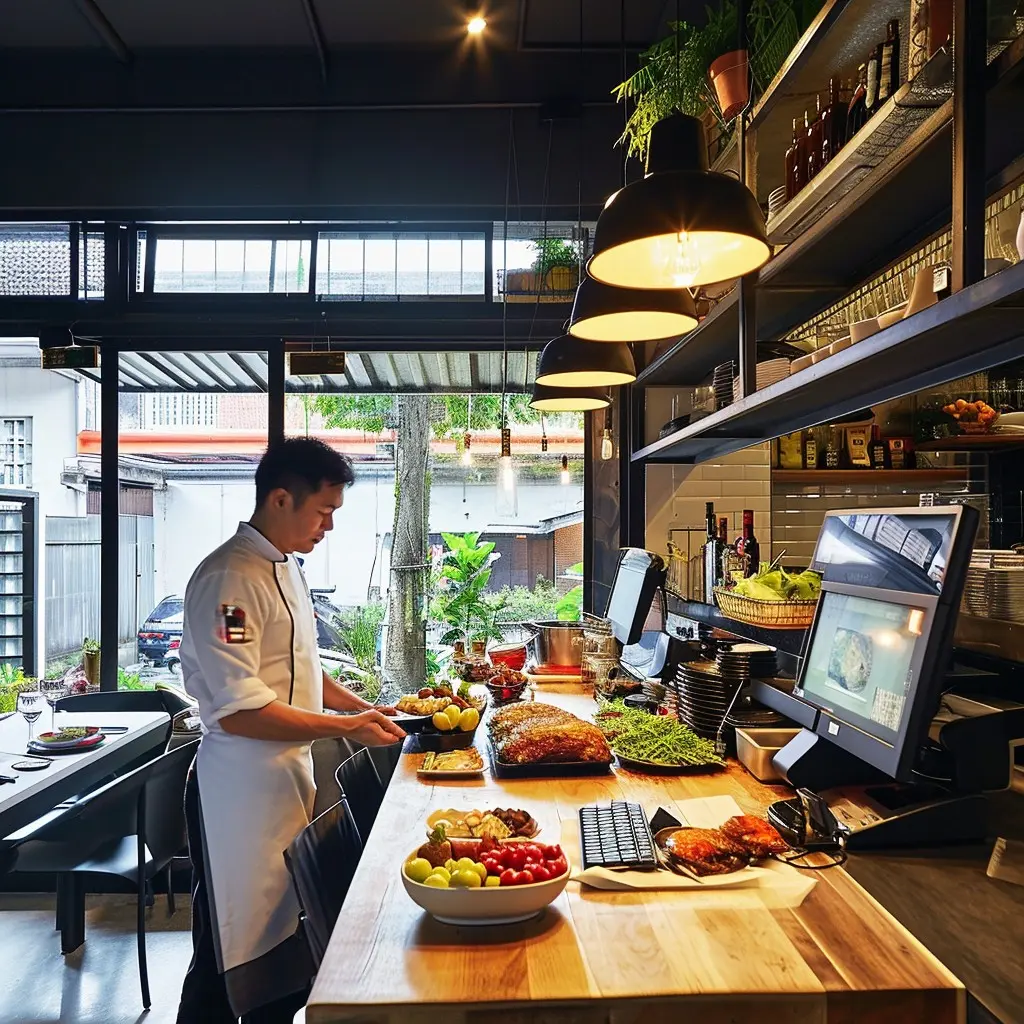As technology advances, restaurants are increasingly turning to sophisticated computer systems to enhance their operations and elevate customer experiences. These systems have transformed how restaurants handle orders, inventory, and customer interactions, providing numerous benefits and presenting new challenges. Here's an overview of the evolution, benefits, challenges, and future of restaurant computer systems.
The Evolution of Restaurant Computer Systems
Early Beginnings
The introduction of restaurant computer systems began in the 1970s with the advent of basic point of sale (POS) systems. Initially, these systems focused on processing payments and tracking sales with limited capabilities.
Modern Advancements
Today’s restaurant computer systems are highly advanced, featuring a range of functionalities that streamline operations. Modern systems include:
- Online Ordering: Allows customers to place orders via a website or mobile app.
- Tableside Payment Processing: Facilitates quick and secure payment at the table.
- Inventory Management: Tracks stock levels and helps manage supplies.
- Customer Relationship Management (CRM): Analyzes customer data to improve service and marketing efforts.
Benefits of Restaurant Computer Systems
1. Increased Efficiency
Restaurant computer systems streamline various aspects of restaurant management, from order processing to payment handling. This efficiency reduces wait times and enhances the overall dining experience.
2. Improved Inventory Management
These systems offer tools to monitor inventory levels in real-time, reducing the risk of running out of essential ingredients and minimizing food waste. This capability helps maintain consistent menu offerings and control costs.
3. Enhanced Customer Insights
By collecting and analyzing customer data, restaurant computer systems provide insights into customer preferences and behaviors. This information enables personalized marketing strategies and improves customer retention.
4. Seamless Integration
Modern systems can integrate with other software and hardware, such as kitchen display systems and mobile ordering apps. This integration centralizes operations, reducing manual data entry and minimizing errors.
Challenges of Implementing Restaurant Computer Systems
1. High Initial Costs
The cost of purchasing and installing a comprehensive restaurant computer system can be significant. For small or independent restaurants, this investment can be challenging to justify.
2. Learning Curve
Training staff to use new systems can be time-consuming and resource-intensive. Employees may also resist change, which can hinder the full integration of the system into daily operations.
3. Technical Issues and Downtime
Technical problems or system failures can disrupt operations and lead to revenue loss. Restaurants must have contingency plans to manage technical issues and minimize operational disruptions.
The Future of Restaurant Computer Systems
1. Artificial Intelligence and Machine Learning
The future of restaurant computer systems lies in artificial intelligence (AI) and machine learning. These technologies will enable systems to automate routine tasks, provide predictive analytics, and offer more personalized customer interactions.
2. Integration with Emerging Technologies
Future advancements will see greater integration with technologies like smart kitchen appliances and delivery drones. These integrations will further streamline operations and enhance customer service.
3. Enhanced Data-Driven Decisions
As systems become more advanced, they will offer deeper insights into customer behavior and operational efficiency, helping restaurants make more informed, data-driven decisions.
Conclusion
Restaurant computer systems have become indispensable for modern restaurant operations. They offer significant benefits, such as increased efficiency, improved inventory management, and enhanced customer insights. Despite challenges like high initial costs and technical issues, the continued evolution of technology promises a bright future for these systems. Embracing advancements in AI, machine learning, and emerging technologies will help restaurants stay competitive and deliver exceptional customer experiences in an ever-evolving industry.

